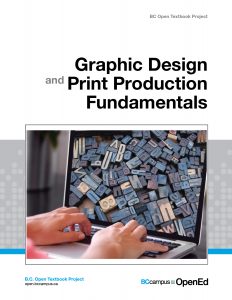Writing
McDonald, M. A., Noble, M.-A., Harris, B., Cortés, V., & Jeffery, K. (2024). Fostering a teaching and learning opportunity: Toward equity in student feedback of teaching. Papers on Postsecondary Learning and Teaching, 7, 113–129.
Jeffery, K. (2021). Appreciative assessment in graphic design education using UDL strategies. In F. Fovet (Ed.), Handbook of research on applying universal design for learning across disciplines: Concepts, case studies, and practical implementation (pp. 265–278). IGI Global. https://doi.org/10.4018/978-1-7998-7106-4.ch014
Jeffery, K., & Halcomb-Smith, L. (2020). Innovation, critical pedagogy, and appreciative feedback: A model for practitioners. In S. Palahicky (Ed.), Enhancing learning design for innovative teaching in higher education (pp. 1–21). IGI Global. https://doi.org/10.4018/978-1-7998-2943-0.ch001
Palahicky, S., DesBiens, D., Jeffery, K., & Webster, K. S. (2019). Pedagogical Values in Online and Blended Learning Environments in Higher Education. Handbook of Research on Blended Learning Pedagogies and Professional Development in Higher Education, 79–101. https://doi.org/10.4018/978-1-5225-5557-5.ch005
Barker, J., Jeffery, K., Jhangiani, R. S., & Veletsianos, G. (2018). Eight Patterns of Open Textbook Adoption in British Columbia. The International Review of Research in Open and Distributed Learning, 19(3). https://doi.org/10.19173/irrodl.v19i3.3723
Collins, W., Hass, A., Jeffery, K., Martin, A., Medeiros, R., & Tomljanovic, S. (2014). Graphic design and print production fundamentals. Vancouver, BC: BCcampus. https://collection.bccampus.ca/textbooks/graphic-design-and-print-production-fundamentals-bccampus-143/
Research
Meet Them Where They Are:
Social Media and Constructivist Education
Social media can be a valuable tool in education, if used for the right reasons. One topic that continues to interest me is how we communicate and learn through social media. In the educational realm, we often see how social media and mobile connectivity can be a distraction to students in the classroom or other educational environments. Today’s student has constant access to more information than at any other point in history. A device in their pocket that instantly connects them to a massive worldwide database of information. But it also connects them to each other, friends, and a global family.
As part of my Master’s degree, I conducted a qualitative meta-synthesis research study into the effects of social media, specifically in supporting constructivist learning. Through this study, I discovered five key themes that were instrumental in pedagogical success, from 40 independent peer-reviewed studies:
Engagement
Interactivity
Creativity
Self-mediation
Autonomy
These five themes emerge consistently as predictors of success in using social media in education, specifically in encouraging knowledge acquisition through experiential, constructive practice. Here is a link to the full text of the study: Meet them where they are: Social media and constructivist education
I have written a series of blog posts on the findings of my research. They can be found in my Learning and Technology Blog
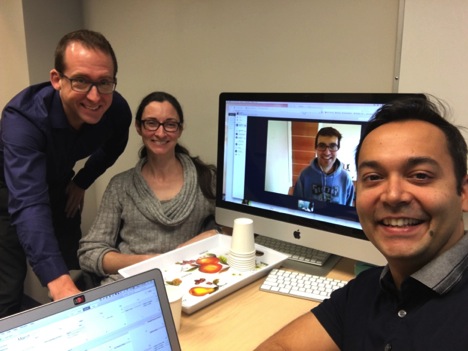
2017 Open Education Advocacy and Research Fellow
In 2017 I was honoured to work with fellow open education advocates Jennifer Barker, George Veletsianos, and Rajiv Jhangiani on a BCcampus open education fellowship. Throughout the year, I attended conferences and universities, promoting and carrying out research into the use of open educational resources and practices. Our research into adoption patterns or OER was published in 2018.
Speaking & Conference Presentations
What is the research telling us?
With Jennifer Barker, Douglas College; Rajiv Jhanghiani, KPU and George Veletsianos. Resulting from our work in 2017 as OER Faculty Fellows, we presented our preliminary findings into how we observed, grouped, and categorized different patterns of adoption in Open Textbooks across some prominent BC Universities and Institutes.
2017 Open Textbook Summit, Vancouver, BC.
Institutional support and strategy: Conversations
Panel member; With Janni Aragon, UVIC; Lin Brander, BCIT; Farhad Dastur, KPU; Aaron Gulyas, Mott College Michigan and Heather Ross, USask. This panel was convened to discuss and present ideas, strategies, and challenges that were taking place across a number of BC Higher Ed institutions.
2017 Open Textbook Summit, Vancouver, BC.
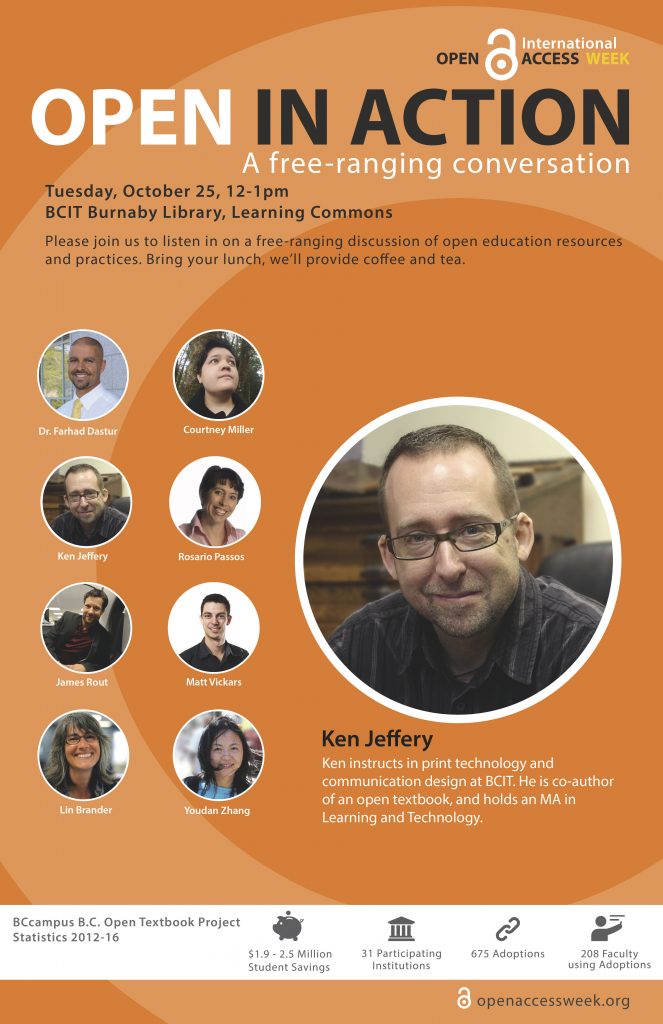
Collaborative Effort: Institutional OER initiatives shared and discussed
Panel member; With Farhad Dastur, KPU; Arthur (Gill) Green, Okanagan College and Rajiv Jhanghiani, KPU. In this panel discussion, we discussed themes and challenges in promoting and adopting OER in the context of Higher Education Library services.
2017 BC Library Conference, Vancouver, BC.
Open in Action: A Free-ranging Discussion
Panel member; with Lin Brander; Farhad Dastur; Courtney Millar; Rosario Passos; James Rout; Matt Vickars; Youdan Zhang. An open and interactive discussion of OERs, open textbooks and practices for students, faculty and staff at BCIT.
2016 Open Access Week, British Columbia Institute of Technology
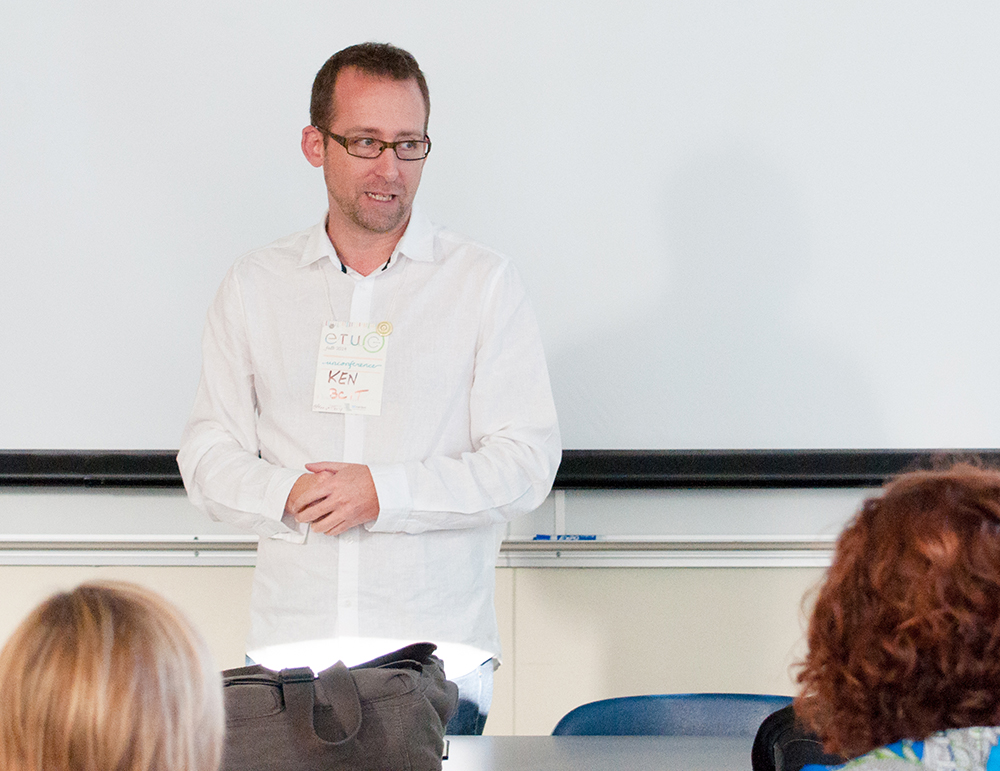
Transmedia in education: Building the story of your course across multiple media platforms
‘Unconference’ session with John Born, SFU. In an informal information and sharing session, we discussed the benefits of breaking out of the traditional ‘lecture’ format, and engaging students using different modes of media and technology.
Fall 2014 ETUG, Vancouver, BC.
Social media in the classroom: Talk about learning!
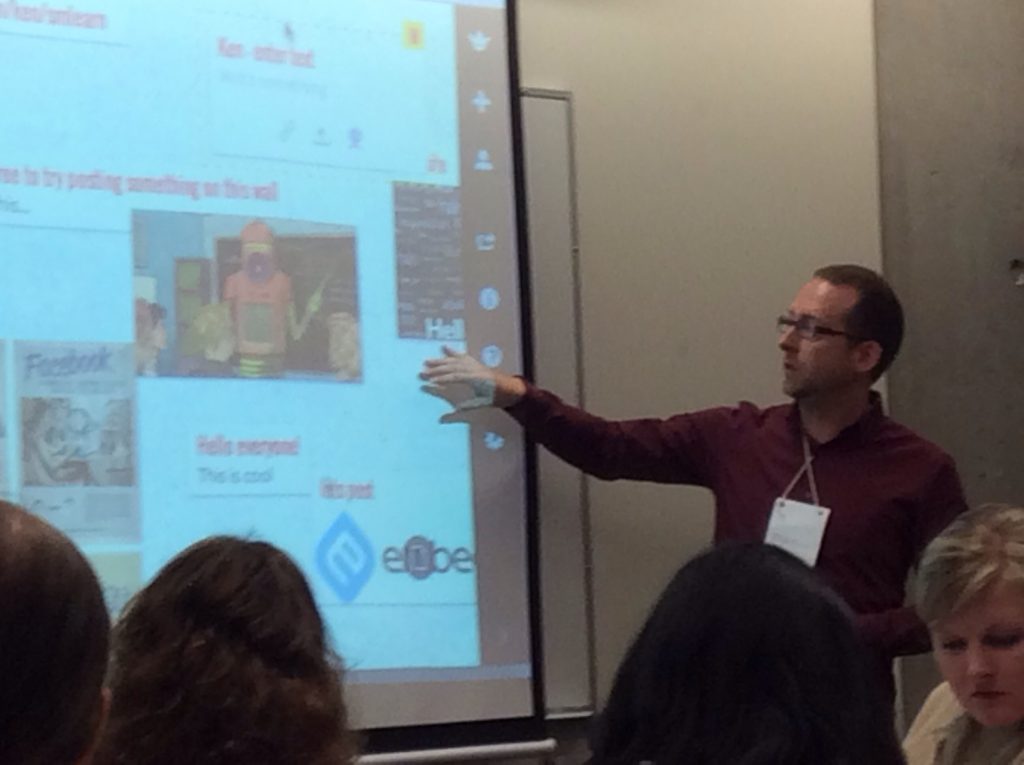
I presented a session featuring my research into the use of social media in the classroom, sharing results that came from my meta-analysis of existing studies, as well as experiences that I had discovered first hand in trying social media strategies for myself. The slides from my presentation are available here.
Spring ETUG workshop, 2014 Langara College, BC.
How can social media help engage 21st century learners in a project-based classroom?
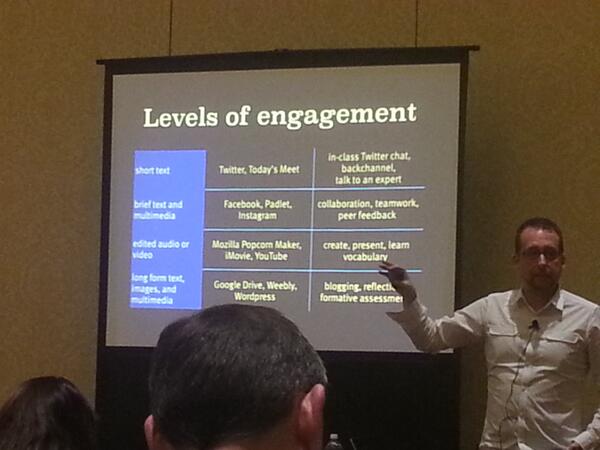
I presented a breakout session in February at the Midwest Education Technology Conference from February 10-12. Using my current research into the efficacy of social media in education as a springboard, this breakout session was focused on sharing real-world successes (and failures!) in implementing social media in the classroom. At the conclusion of the session, participants were teamed up, and encouraged to share thoughts, apprehensions, and experiences with the group via Twitter.
“As social media tools such as Twitter become more ubiquitous, opportunities exist for teachers to encourage student learning through the use of web 2.0 technologies.”
The slides and other interesting links from the session are available here.
This topic was aligned with my research into using social media in constructivist learning environments.
